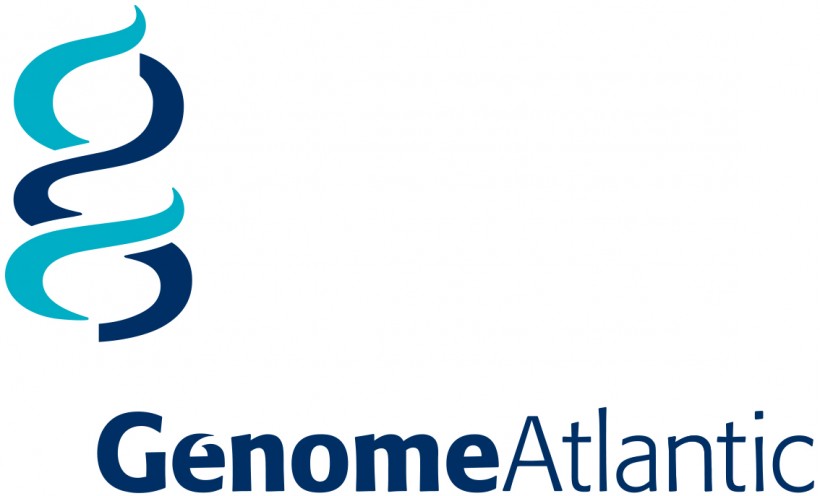Projects using DNA tools have been announced by Genome Atlantic, the non-profit corporation that helps Atlantic Canada reap the benefits of genomics technologies.
In the first, L’Étang Ruisseau Bar Ltée, the oyster hatchery seed supplier located in Shippagan, NB, is teaming up with Université Laval scientists, Genome Atlantic and Génome Québec on a $3.8 million project to produce the first selectively bred Canadian strain of Eastern oyster.
The project will create a breeding program that will select for traits such as improved growth, better flesh quality and resistance to disease -- traits that are difficult to improve using wild stocks and conventional methods, the partners said in a statement.
“Genomic tools offer the potential to greatly improve selective breeding of molluscs but unfortunately, the availability of genomic tools to enhance aquaculture production of the Eastern oyster has been lagging behind, compared to other oysters,” said project co-lead Dr. Louis Bernatchez of Université Laval.
The statement said the oyster industry in Eastern Canada is expanding, registering revenues near $31 million in 2017, a 25 per cent increase from 2016. This growth cannot be sustained by relying solely on wild-caught oyster spat, the partners said.
The second project examines oil exploration in Nova Scotia’s offshore.
The $6.5 million project, Validation and Integration of Genomics Solutions for Offshore Oil Exploration in Nova Scotia and Beyond, builds on the work of a previous GAPP (Genome Canada’s Genomic Applications Partnership Program) in which genomics data and results were compared with petroleum geochemistry data to paint the clearest picture yet of petroleum deposits in areas of Nova Scotia’s offshore.
“This new project will allow us to explore sites that preliminary testing revealed as particularly promising, this time using AUV (Autonomous Underwater Vehicles) mapping, ROV (Remotely-Operated Underwater Vehicle) video-guided sampling, and higher density sediment coring,” said Dr. Casey Hubert, co-lead from the University of Calgary.
“This allows us, for the first time, to detect ancient, deep water seeps that, while no longer active or infrequently active, nevertheless paint a more comprehensive picture of a dynamic petroleum system. said Dr. Todd Ventura, co-lead from Saint Mary’s University.
“Additionally, speed is everything – and with the development of a lab on a ship and AI-based data mining, we hope to greatly improve the turnaround time between sample acquisition, processing and data analysis – all of which will help exploration companies in their decisions.”
The project is managed by Genome Atlantic in partnership with Genome Alberta.










